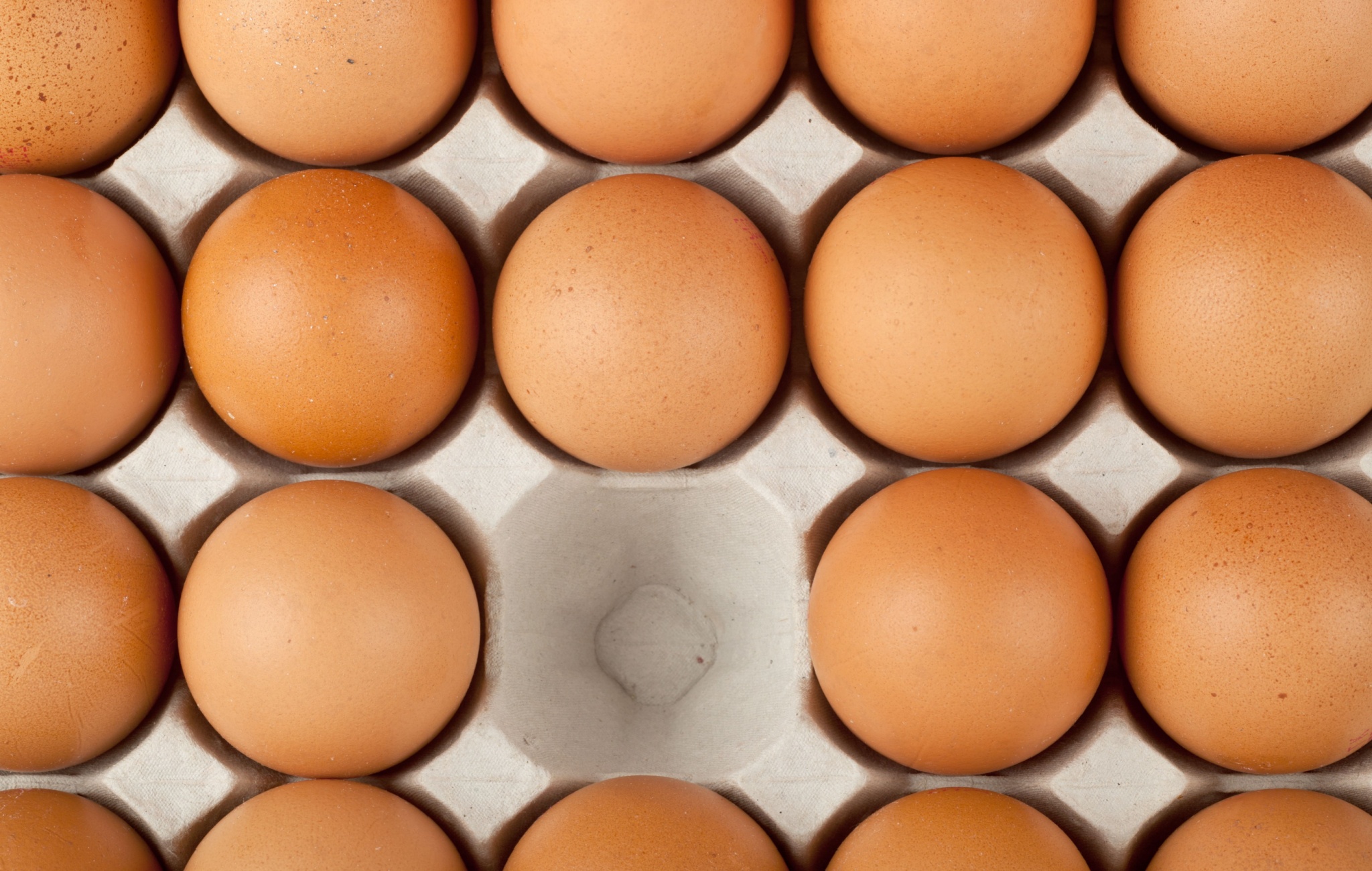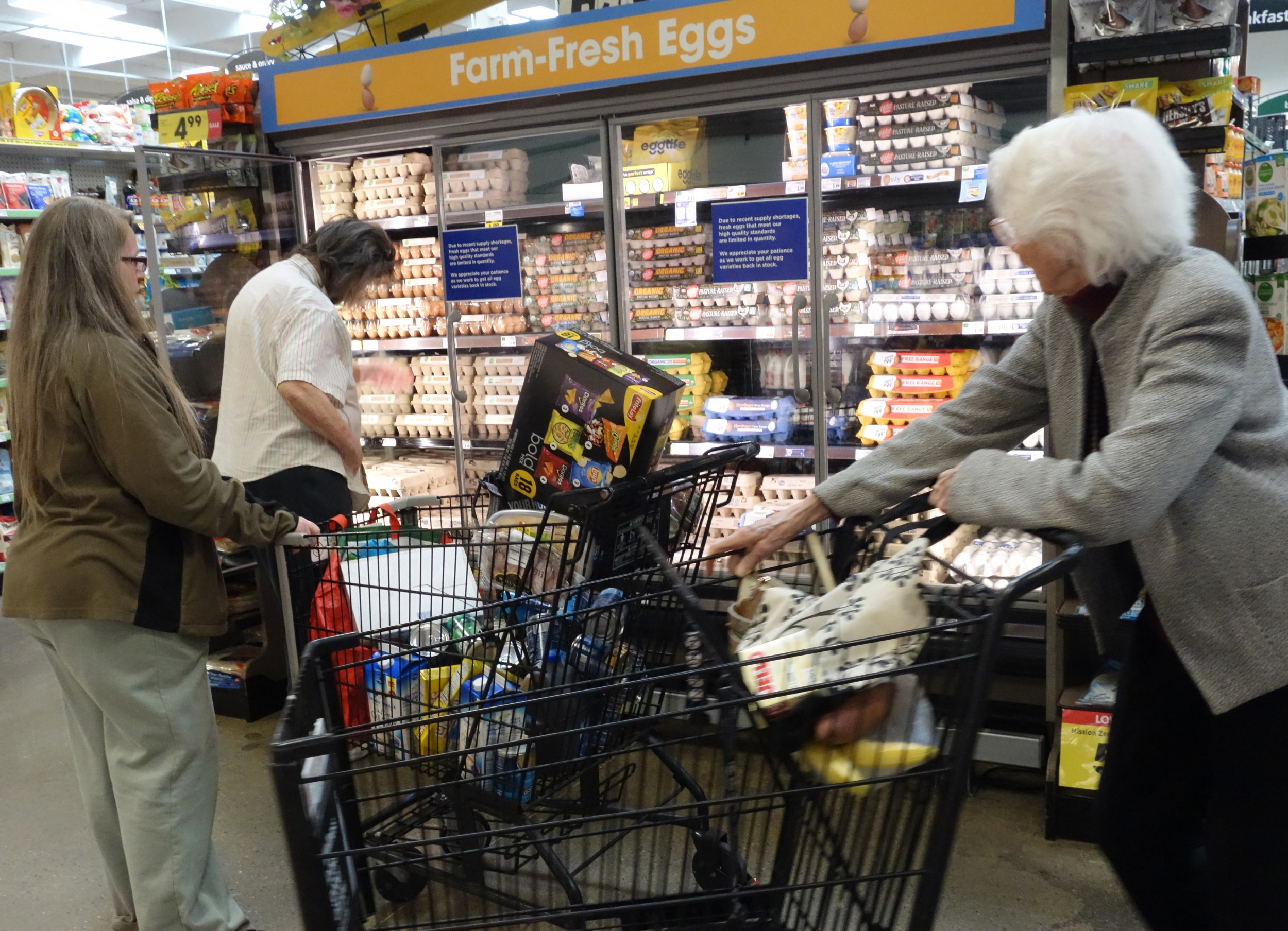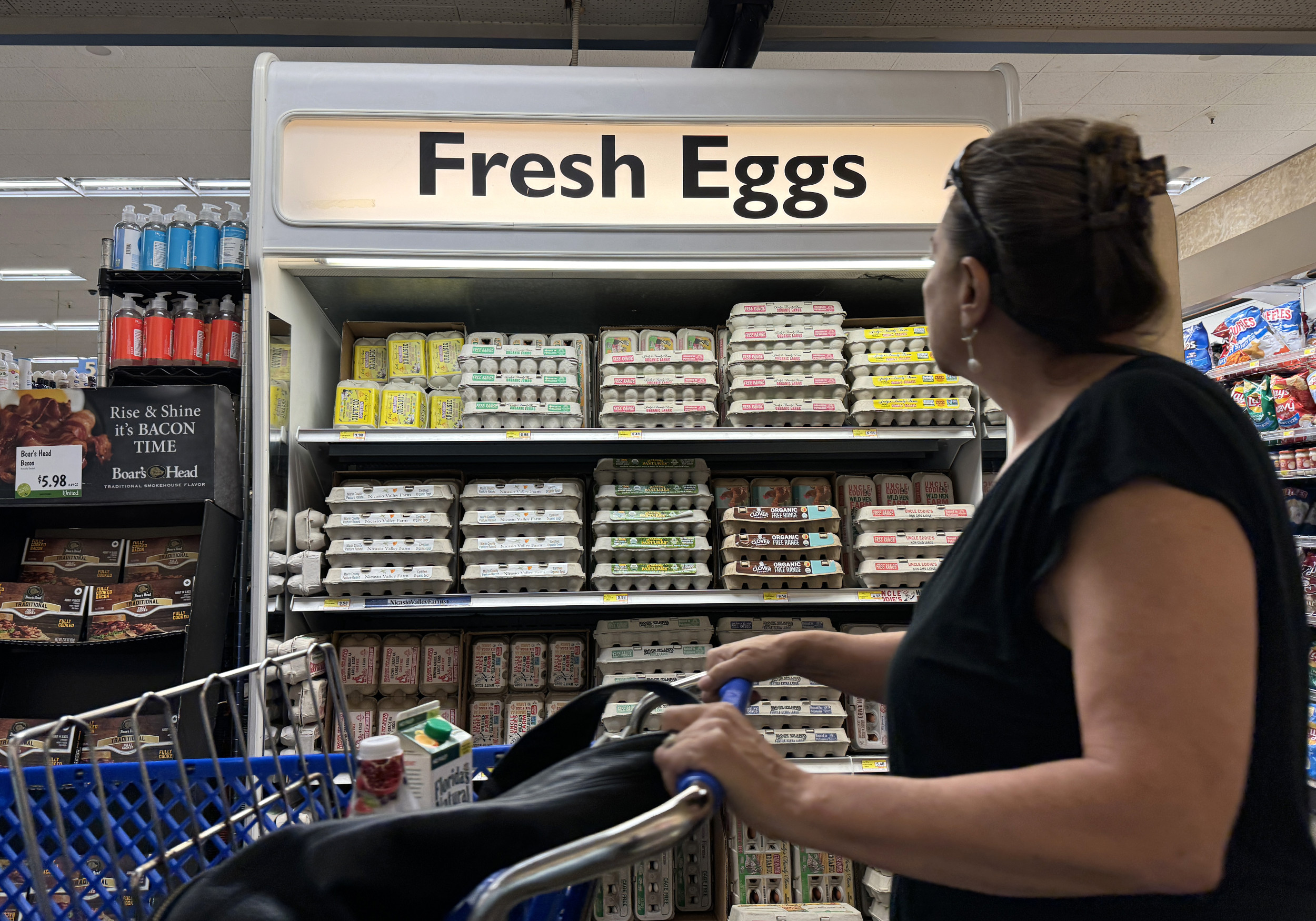






As of January 1, 2025, a new law in Michigan mandates that all eggs sold in the state must be cage-free. This bipartisan legislation, originally passed in 2009, faced delays from its intended 2019 implementation due to pressure from the U.S. Humane Society [c7bdf465]. The law prohibits the sale of eggs from hens confined in non-cage-free conditions, although it does not apply to liquid or cooked egg products or eggs from farms with fewer than 3,000 hens [c7bdf465].
This new regulation comes at a time when egg prices are already under significant strain due to an ongoing bird flu epidemic, which has led to the loss of millions of egg-laying hens across the country. The University of Nebraska Medical Center reported that over 20 million egg-laying chickens died last quarter due to bird flu, severely impacting the U.S. egg supply [f98153f6]. In December 2024, egg prices reached an all-time high of $5.81 per dozen, with some consumers reporting spending more on eggs than on ground beef [b0769e12]. Currently, the average retail price of eggs in the U.S. is about $5.29 per dozen, up from $3.50 a year ago [f98153f6].
In response to these rising costs, The Mug Rack, a popular restaurant in Jackson, NJ, announced a price increase on egg-based menu items, with egg platters and breakfast combos increasing by $1.00, omelets by $1.25, and breakfast sandwiches by $0.50. Customers have expressed understanding and support for the restaurant's decision to adjust prices in light of the economic pressures [f98153f6].
Despite the introduction of the cage-free law, experts suggest that the rising egg prices are primarily attributed to the bird flu crisis rather than the new legislation [c7bdf465]. The USDA has predicted that the egg shortage caused by avian flu is expected to ease by mid-2025, with production anticipated to increase by 3% and average prices dropping to $2.30 per dozen [54534bfe]. However, the U.S. egg-laying flock is projected to fall below 300 million hens, indicating a longer recovery period [961c6159].
The egg industry plays a significant role in the U.S. economy, contributing over $10 billion annually, and the average American consumed approximately 281.3 eggs in 2023 [dbcd9f98]. The price of a dozen Grade-A eggs currently averages $4.15, nearing an all-time high of $4.25, reflecting vulnerabilities in global food systems and the impact of rising feed costs and inflation [dbcd9f98].
In light of these developments, supermarkets are already implementing purchase limits to manage supply constraints, and the political implications surrounding food prices and economic stability are becoming increasingly relevant as the 2025 elections approach [d511b482]. Inflation, which peaked at 9.1% in June 2022, remains a top concern for 41% of Americans ahead of the 2024 presidential election [b0769e12]. The Democrats' recent social media misstep regarding egg prices highlights the sensitivity surrounding economic discussions as many Americans continue to feel the pinch of rising costs [d511b482].
As Michigan's law takes effect, it remains to be seen how it will impact local egg prices and whether it will contribute to the ongoing discussions about animal welfare and food security amidst the challenges posed by the bird flu epidemic [c7bdf465].